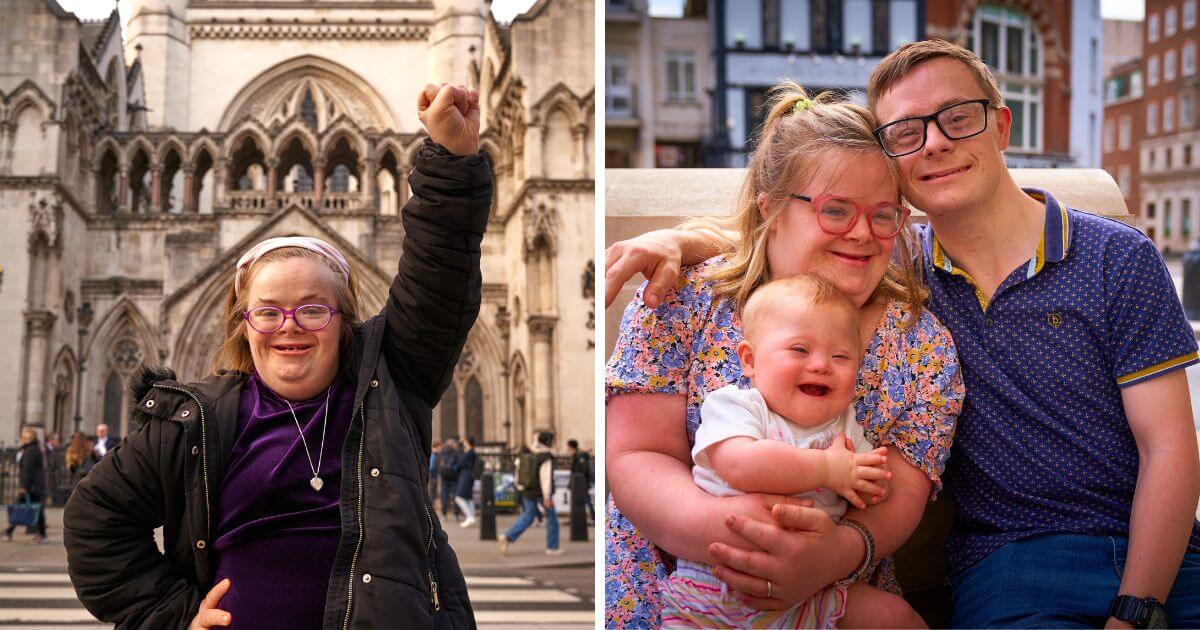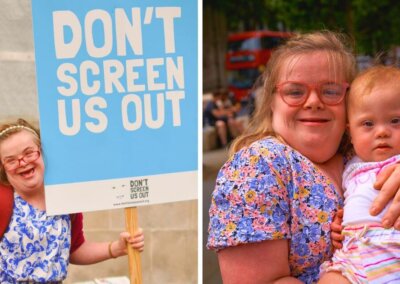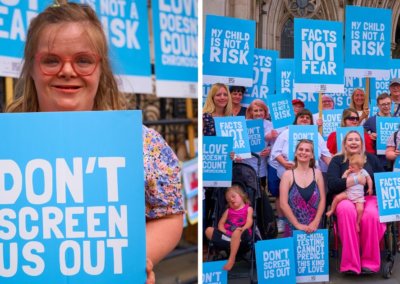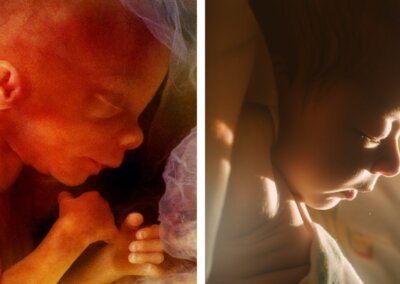The BBC has listed a woman who has been fighting to end discriminatory abortion against babies with Down’s syndrome among its ‘100 Women 2022’.
Heidi Crowter, who herself has Down’s syndrome, has been listed among the “100 inspiring and influential women from around the world for 2022” by the BBC. Heidi has been involved in an ongoing legal challenge to the abortion law in the UK, which permits abortion up to birth for babies with disabilities, including Down’s syndrome.
“I want pregnant women to have the right information about Down syndrome. I want people to keep up with the times and see us for who we really are!”
The High Court heard Heidi’s legal challenge in July 2021 that claimed that the Abortion Act (1967) was discriminatory against people with Downs syndrome (and other disabilities) because section 1(d) of the Act allows abortion up to birth when it is thought that an unborn baby is likely to be born “seriously handicapped”.
After Heidi’s case was dismissed by the High Court, her case was heard by the Court of Appeal earlier this year. Heidi lost this case with the judge noting that the law was not discriminatory even while recognising that people with Down’s syndrome might recognise it as such.
After the decision was released, Heidi said “This law was made in 1967 when we were not even allowed to go to school because of our extra chromosome, so I think it’s time that the judges move with the times and actually meet people with Down’s syndrome and see the people behind the chromosome.”
Along with her legal team, Heidi is now considering seeking permission for the case to be taken on to the Supreme Court.
Heidi published her book “I’m Just Heidi” in August this year.
Abortion statistics in England and Wales for 2021 reveal that 859 babies with Down’s syndrome were aborted, an increase of 23.95% from 693 in 2020.
Right To Life UK spokesperson Catherine Robinson said “It is extremely encouraging to see the BBC recognising Heidi’s achievements and that the cause she is fighting for is worthwhile. Heidi and her legal team have worked tirelessly to change the law so that it recognises the equal worth and dignity of all unborn babies, those with disabilities and those without.”
“Heidi has done so much to help change perceptions about Down’s syndrome and must be thrilled that the BBC is recognising her accomplishments.”












